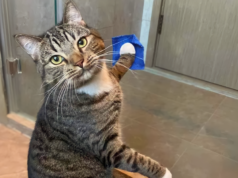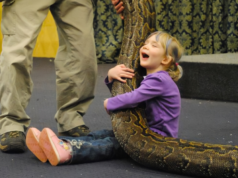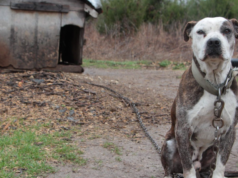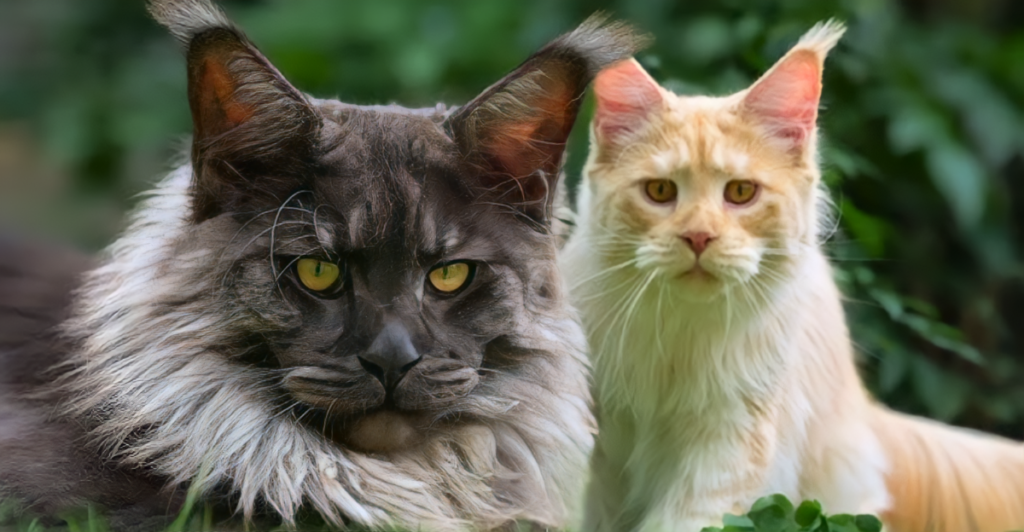
Maine Coons are one of the most beloved cat breeds in the world, with good reason; they are big, beautiful, intelligent, and affectionate. Their playful nature, loving personalities, and unique appearance make them a dream pet for many. However, as with any breed, owning a Maine Coon comes with challenges that potential owners should carefully consider before bringing one home. These are twelve reasons not to get a Maine Coon cat.
1. Space Requirements
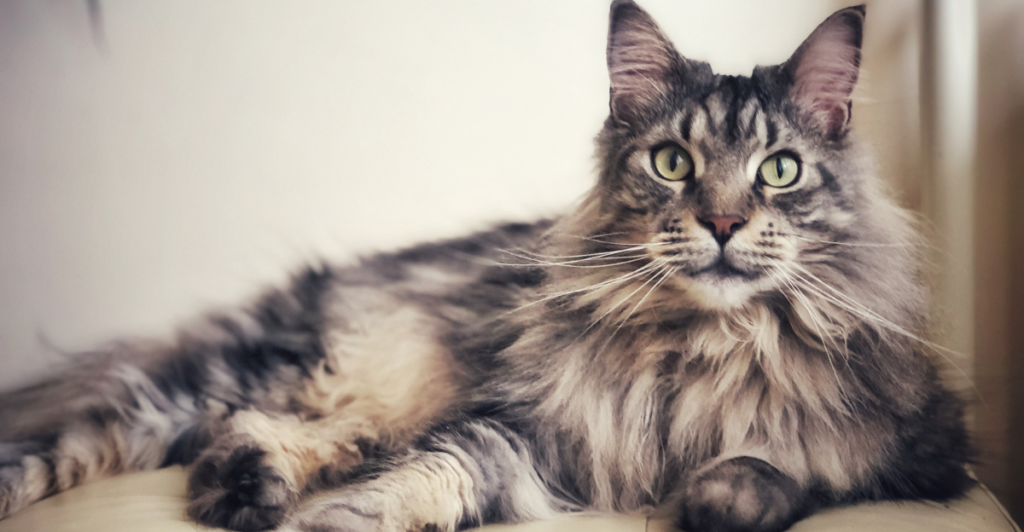
Maine Coons are the largest of the domestic cat breeds, often weighing up to 18 pounds. They have large, muscular bodies that require a lot of space to stretch, roam, and climb. If you live in a small apartment, it’s best to consider a different cat breed.
2. Grooming Challenges

Maine Coons are known for their thick, water-resistant coats. Although their coats are gorgeous, they require a lot of grooming. Their fur is prone to matting, especially in areas around the neck, belly, and hind legs. They require grooming at least 2 to 3 times a week, which can be very time-consuming.
3. High Prey Drive
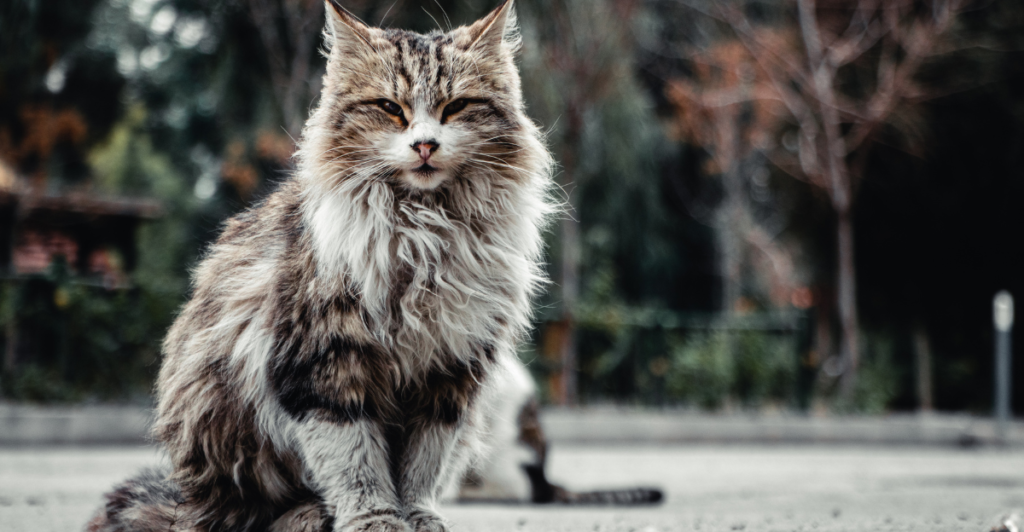
These cats have strong hunting instincts. They are excellent hunters, which means that they might be a problem in homes with birds, hamsters, rabbits, or reptiles. If you have other, smaller pets, it’s best to consider a different cat breed for your home.
4. Need for Enrichment
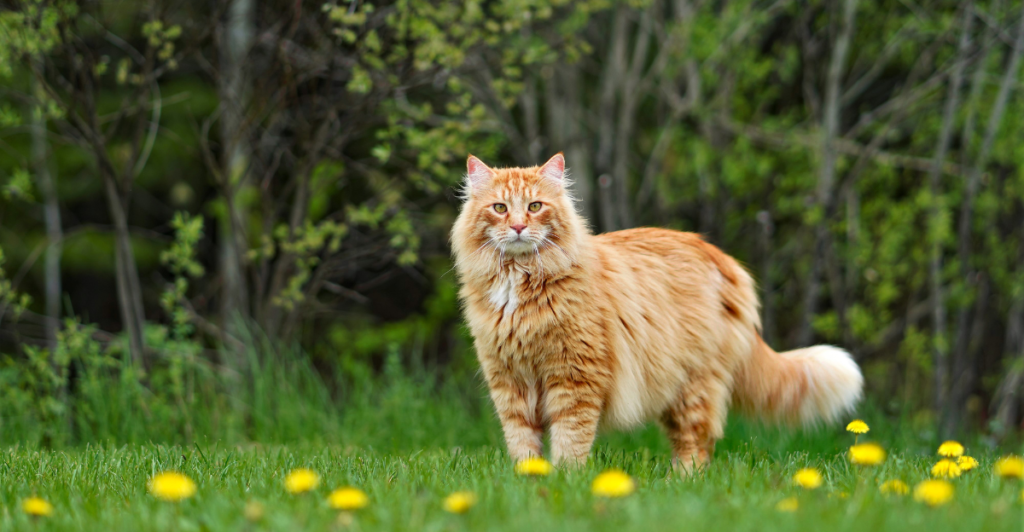
Maine Coons are very intelligent and energetic. They require a lot of playtime and mental stimulation. When they get bored, they might become destructive and chew on cords, knock over objects, or scratch furniture. If you’re thinking of getting a Maine Coon, buy plenty of toys and keep it stimulated!
5. Potential Health Issues
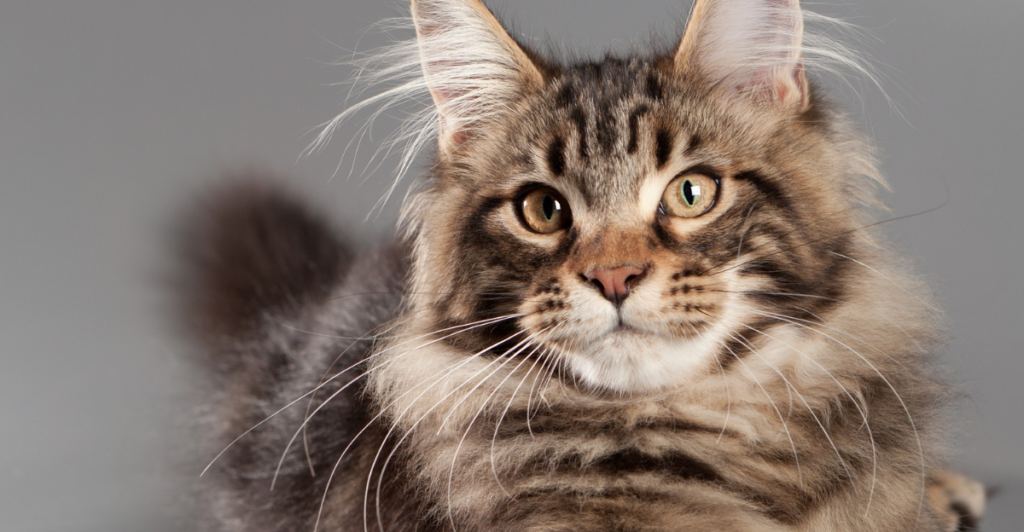
Though Maine Coons are generally healthy, there are some diseases to look out for with these gorgeous cats. Hypertrophic Cardiomyopathy, Polycystic Kidney Disease, and Spinal Muscular Atrophy are all diseases to look out for. They might also struggle with hip dysplasia.
6. Expensive to Purchase and Maintain
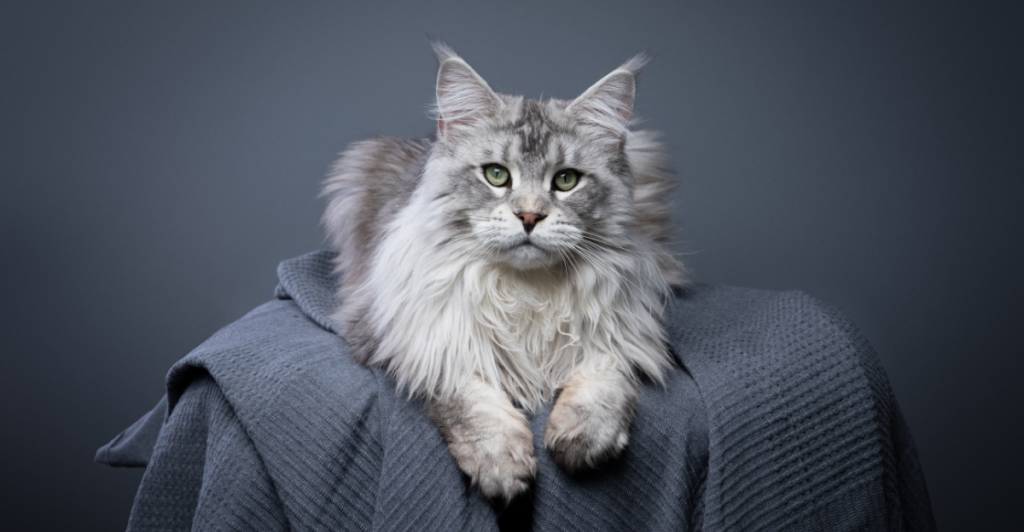
Maine Coons are one of the most expensive cat breeds in the world. Maine Coon kittens can cost anywhere between $1,000 to $3,000, depending on where you purchase them from. But these cats also need premium cat food, large litter boxes, and scratching posts.
7. Vocal Nature
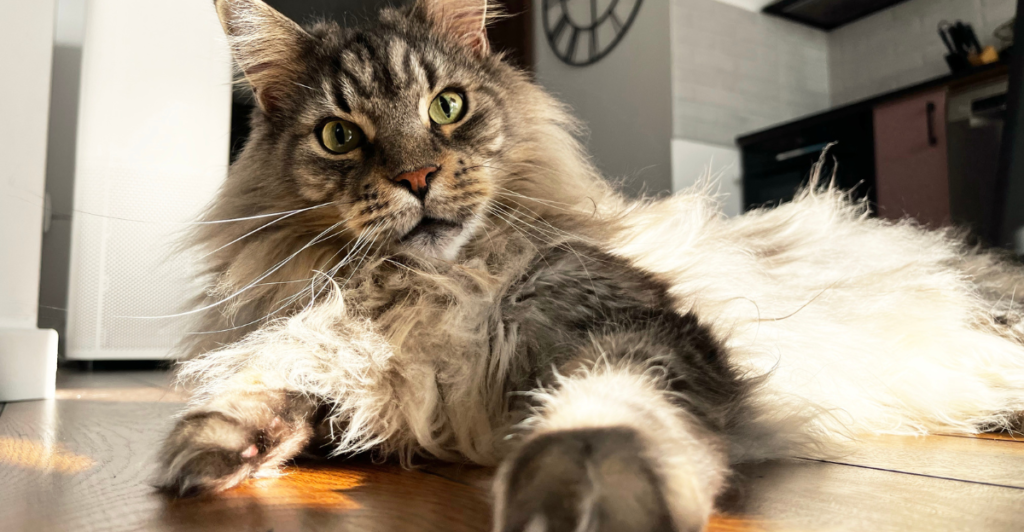
Maine Coons are very vocal and expressive. They are known for their soft chirps, trills, and little meows. Although this isn’t necessarily a bad thing, owners who prefer a quiet home may find their talkative nature to be a drawback.
8. Demanding Personality
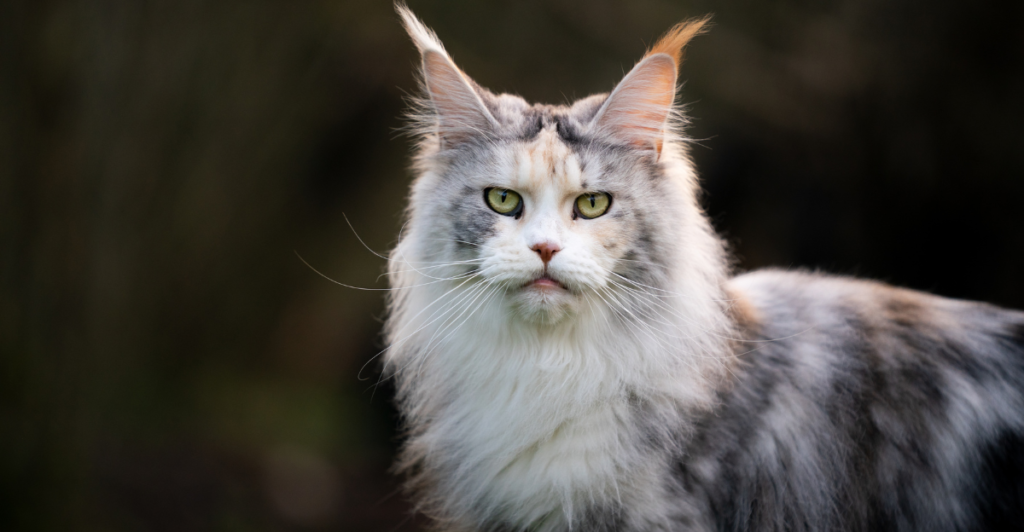
Maine Coons are very social cats that crave regular interaction with their owners. They often follow their owners from room to room and demand attention through nudging, rubbing, or vocalizing. While their affectionate nature makes them great companions, they are not ideal for people who spend a lot of time away from home.
9. Messy Eaters
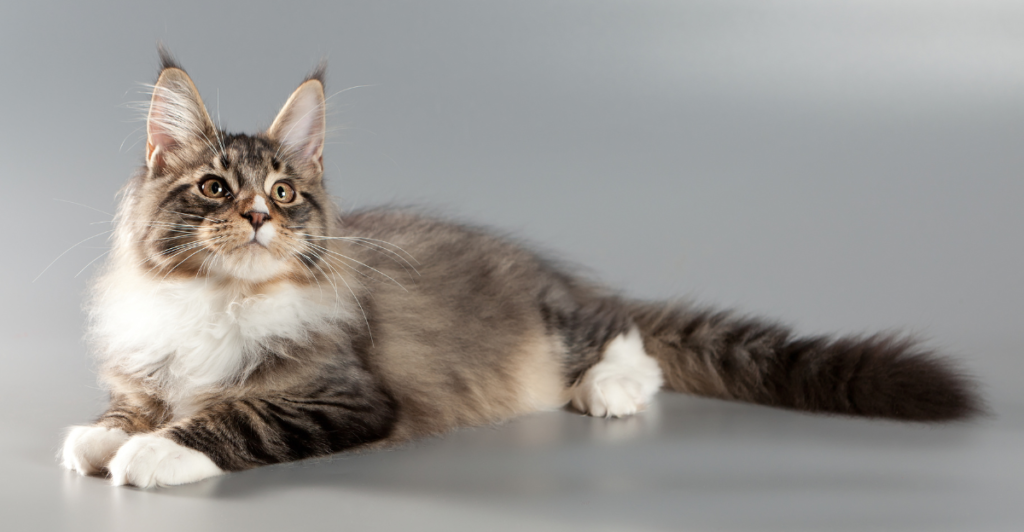
Maine Coons are notorious for being messy eaters and will often splash water from their bowls or play with their food. Their large paws and long whiskers make them more prone to spilling food, and their playful nature can lead to scattered kibble and tipped-over water bowls.
10. Separation Anxiety
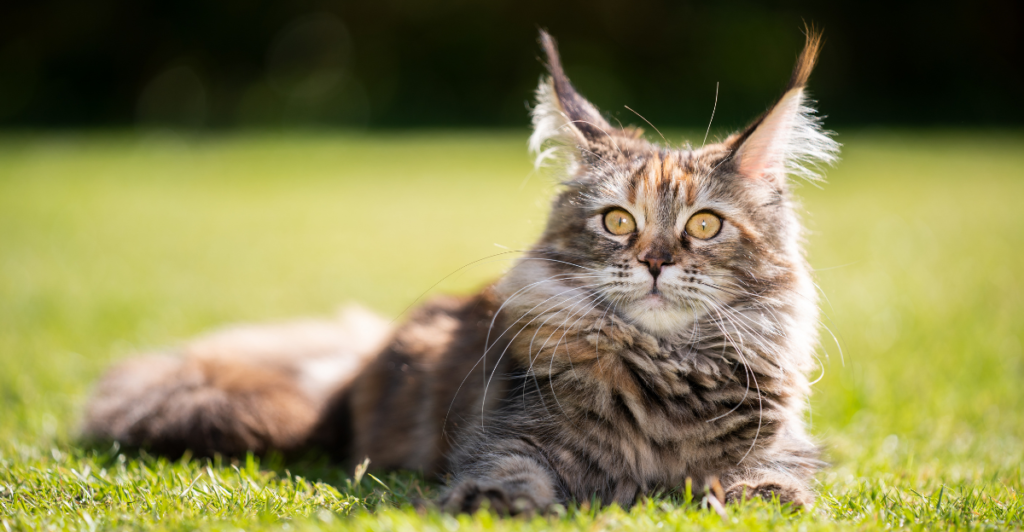
Maine Coons are very affectionate and social; because of this, they do not like to be left alone for long periods. If you are someone who spends a lot of time away from home, your cat might develop separation anxiety, which could lead to destructive behaviors like damaging furniture.
11. Mischievous Behavior
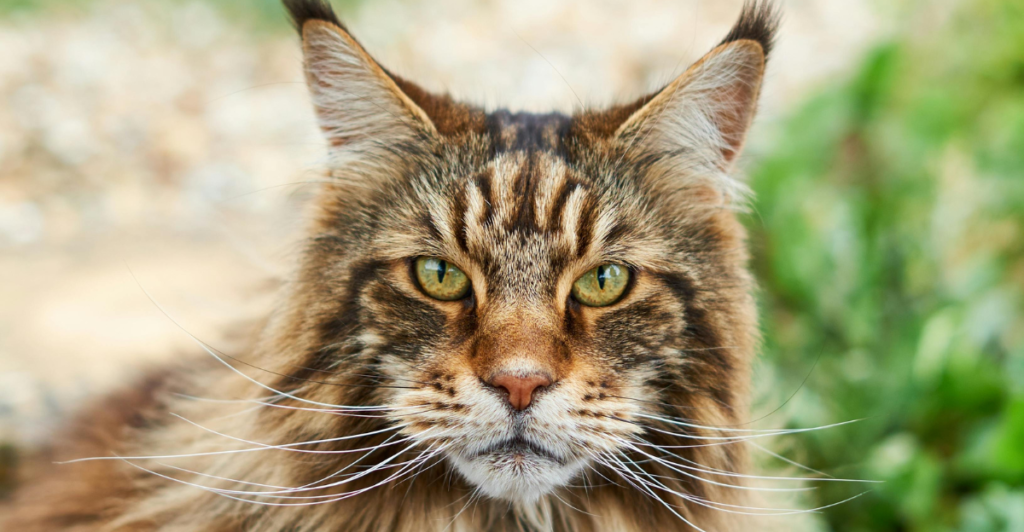
Maine Coons keep their kitten-like playfulness well into adulthood, which can sometimes lead to mischief. They are known for opening cabinets and drawers, knocking objects off tables, and unrolling toilet paper. Though some might think this behavior is cute, it might be annoying for others.
12. Shedding
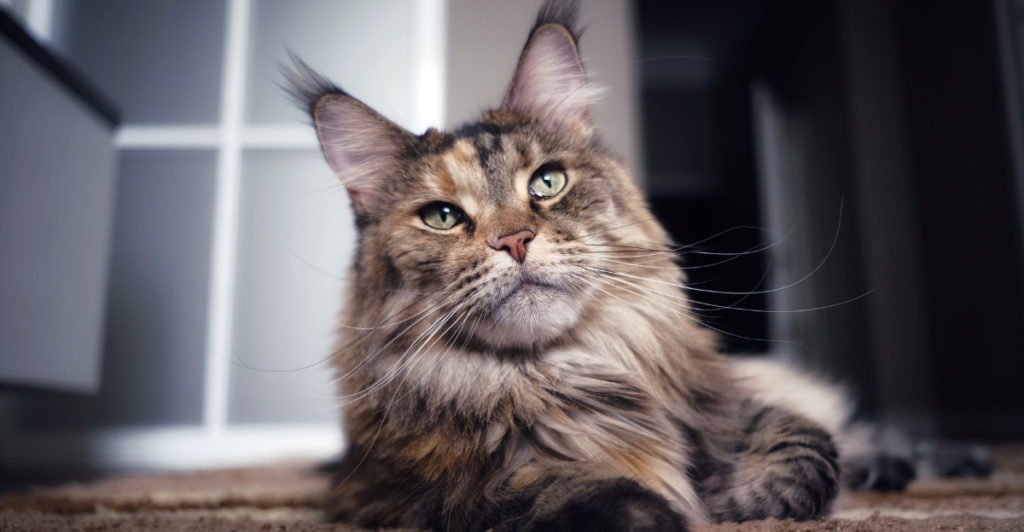
Maine Coons shed year-round, with heavier shedding occurring during seasonal coat changes in spring and fall. Their thick undercoat traps loose fur, which can lead to increased issues with hairballs, excessive fur buildup on furniture and clothes, and more frequent vacuuming for owners.
Discover more of our trending stories and follow us to keep them appearing in your feed

12 Dog Breeds That Will Never Leave Their Humans’ Side
13 Cat Breeds That Will Defend Humans No Matter What
California Is Breaking Apart: A Fault Line Is Forming Faster Than Anyone Predicted
The War on Cows Is Over—And Green Extremists Have Lost
This article first appeared here
Stay connected with us for more stories like this! Follow us to get the latest updates or hit the Follow button at the top of this article, and let us know what you think by leaving your feedback below. We’d love to hear from you!


